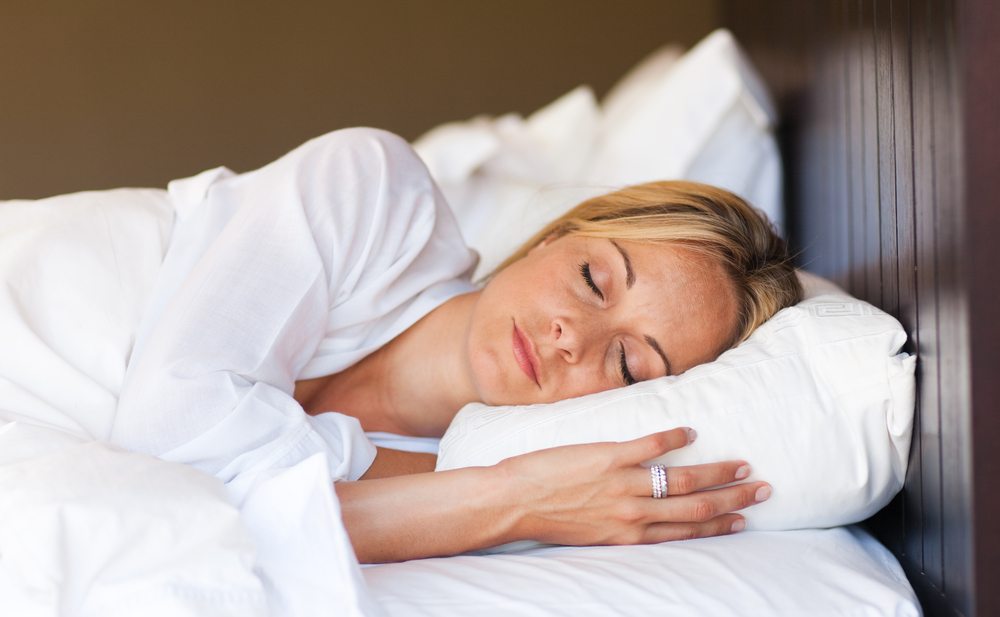Trouble sleeping? You can deal with common sleeping problems on your own.
There are often times when you might feel drowsy after waking up from sleep and feel a decline in energy and fatigue throughout the day. Sleep is one of the most important necessities for our bodies and for our health. If you are facing difficulties in falling asleep at night or waking up in the morning, you can follow a few solutions and see if they help you attain peace of mind.
Here are a few ways we suggest you try before taking any clinical assistance or medication to deal with sleeping problems:
1. Starch rich dinner: At least four hours before going to sleep it is advisable to have a sumptuous dinner rich in starchy vegetables. This will help you fall asleep and improve your sleep cycle.
2. Avoid alcohol before sleep: Alcohol or any kind of tranquilizers (sleeping pills) must be avoided at all costs as they interfere with your natural tendency to sleep and your metabolism. These substances also relax the muscles at the back of the throat and can lead to difficulties in breathing.
3. Nasal spray: Sometime, existing breathing issues can cause disruptions in sleep and may go unnoticed until a visit to a physician. A nasal spray helps keep your nasal passage open. You can talk to your doctor to prescribe a nasal decongestant, if he/she diagnoses you with any problems.
4. Sleep in a quiet and cold room: If you are a light-sleeper, avoid sleeping in a room where there is any sound. The room must be pitch dark and should not have any clocks, alarms or LED lights. Try maintaining the temperature of the room with an air conditioner by setting it in sleep and auto mode so that you do not have to wake up to adjust or turn off the device.
Photo Credits: psychiatrycareclinic











